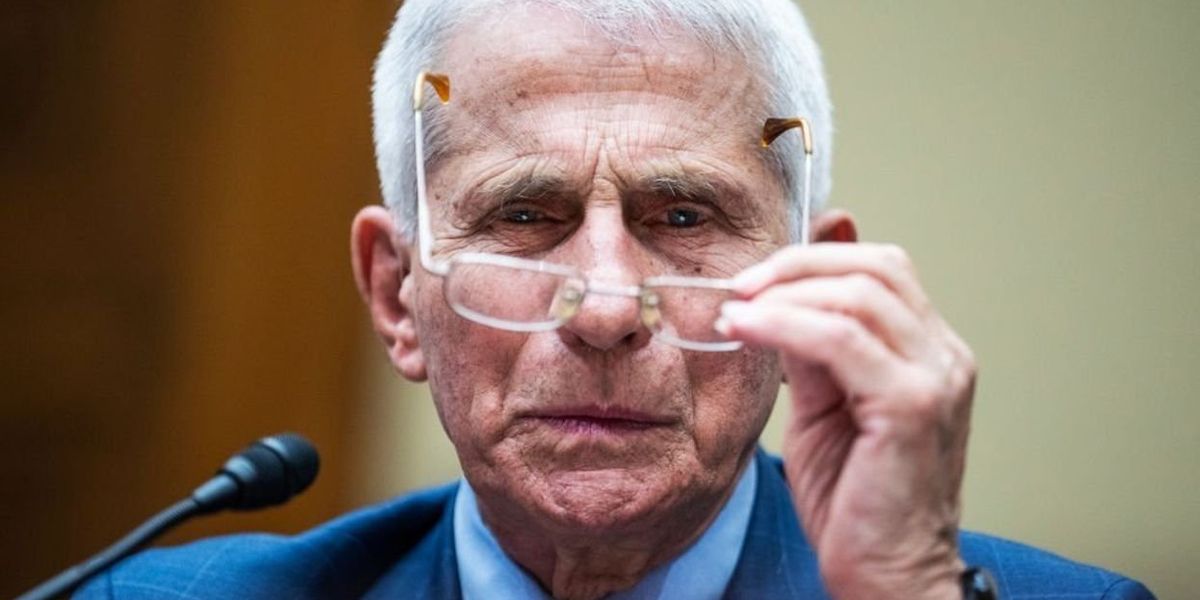Trump digs in on tariffs amid market volatility: From the Politics Desk
Welcome to the online version of From the Politics Desk, an evening newsletter that brings you the NBC News Politics team’s latest reporting and analysis from the White House, Capitol Hill and the campaign trail.
Happy Monday! In today’s edition, we break down the latest fallout from Washington to Wall Street as President Donald Trump forges ahead with new tariffs that have led to global economic uncertainty.
Sign up to receive this newsletter in your inbox every weekday here.
— Adam Wollner
President Donald Trump pressed forward with aggressive tariffs that have roiled the global economy as he faced pushback from Wall Street, world leaders and some members of his own party.
Here’s the latest on where the trade war stands:
Trump said he is “not looking” to pause his tariffs before they go into effect Wednesday.
“We have many, many countries that are coming to negotiate deals with us,” Trump said. “They’re going to be fair deals, and in certain cases, they’re going to be paying substantial tariffs.”
Asked whether the tariffs are permanent or open to negotiation — a point his advisers struggled to clarify last week — Trump insisted that “they can both be true.”
“There could be permanent, and there could also be negotiations, because there are things that we need beyond tariffs,” he said. “So we’re going to get fair deals and good deals with every country.”
The markets ended largely lower Monday after a wild trading day. The S&P closed down 0.2%, while the Dow Jones Industrial average fell 0.9%, or 350 points. The tech-heavy Nasdaq ended the day up 0.1%, led by a rally in chipmaker Nvidia, which finished 3.5% higher.
U.S. markets whipsawed as investors grasped for any shred of news that indicated Trump would relent on his tariffs plan. A widely circulated but false headline saying he was considering a 90-day pause sent markets skyrocketing for a brief time.
Trump threatened additional tariffs of 50% on China if it doesn’t rescind its retaliatory measures of 34%. That’s in addition to his announcement last week, meaning the total tariffs on goods imported into the United States from China would be as much as 104% if they were fully implemented.
Trump said Japanese Prime Minister Shigeru Ishiba “was sending a top team to negotiate” after the two leaders spoke over the phone.
Calling Trump’s 24% tariff on Japanese goods “extremely unfortunate,” Ishiba — whose country is the single largest foreign investor in the United States — said he told Trump during their 25-minute call that he was “deeply concerned that these American tariff measures will reduce the investment capacity of Japanese companies.”
Major figures in the business world have spent the last few days sounding the alarm about the economic consequences of Trump’s tariff policies, with some even reversing their previous supportive stances of him.
JPMorgan Chase CEO Jamie Dimon said in his annual shareholder letter that Trump’s tariffs would “slow down growth” as “input costs rise and demand increases on domestic products.” On Friday, the bank raised its odds for a recession from 40% to 60%.
Dimon’s comments are a sharp reversal from those he made in January urging people to “get over” Trump’s tariff policy because they were “good for national security.”
Billionaire investor Bill Ackman said on X that “the global economy is being taken down because of bad math,” capping off a weekend of missives that called for a 90-day pause on tariff implementation and others aimed at Trump’s policy team.
“This is not what we voted for,” wrote Ackman, who endorsed Trump during the 2024 campaign.
Republicans in Congress are still largely sticking by Trump through the tariff turbulence, though new cracks have continued to emerge.
A bipartisan Senate bill that would limit the president’s power to impose tariffs now has seven Republican co-sponsors. But the White House officially said Trump would veto the legislation if it reached his desk, meaning it would take two-thirds of the GOP-controlled House and Senate to turn it into law. Senate Majority Leader John Thune, R-S.D., said of the bill: “I don’t think that has a future.”
Meanwhile, Republican Sens. Ron Johnson of Wisconsin and Mike Lee of Utah posted on X in favor of Trump’s taking up the European Union on its offer of zero-for-zero tariffs.
Over in the House, some anxious Republicans are seeking more guidance about Trump’s broader plans. During a House GOP conference call over the weekend, Rep. Darrell Issa, of California, asked whether lawmakers could get a detailed briefing from the White House about Trump’s tariffs. And Rep. French Hill, of Arkansas, the chairman of the Financial Services Committee, expressed some frustration with how the White House has handled the tariff situation.
Still, Speaker Mike Johnson, R-La., said Congress would give Trump “the space necessary” to handle tariffs.
Do you think Trump’s tariffs will be in place in the long term? Or are they part of broader negotiation tactics around trade policy?
That’s all From the Politics Desk for now. Today’s newsletter was compiled by Adam Wollner.
If you have feedback — likes or dislikes — email us at
And if you’re a fan, please share with everyone and anyone. They can sign up .
This article was originally published on NBCNews.com











